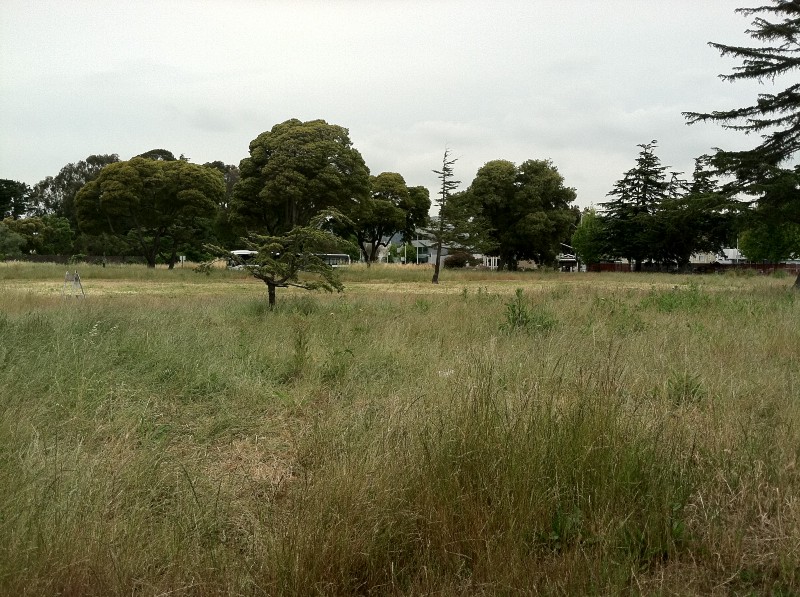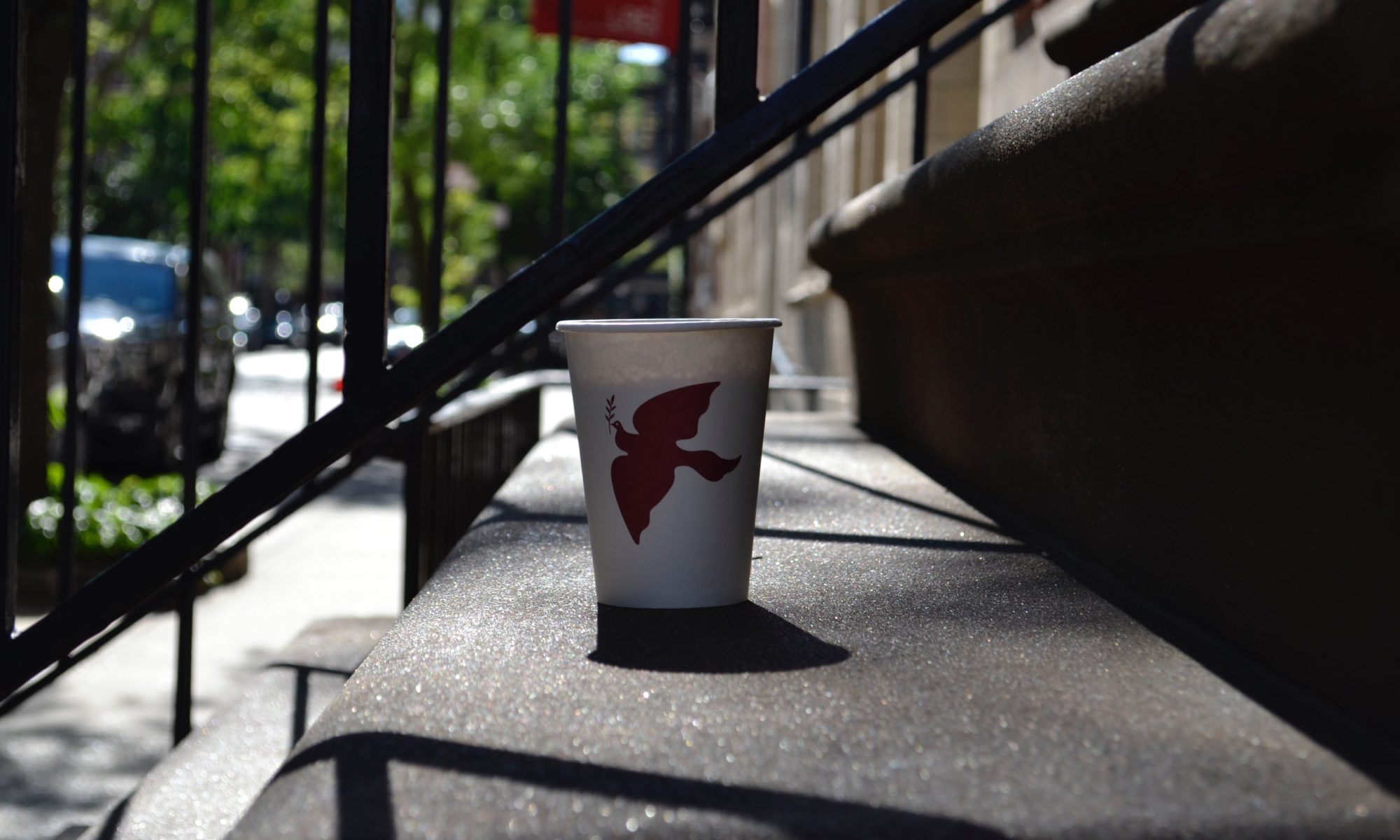Growing up, I thought home was wherever I was. There was Home, my grandparents’ house (my mother called it Home, too), nestled in San Francisco’s Cole Valley, a victory flag my grandfather, refugee from the Jim Crow South, had planted thirty-five years before. There was our working-people housing in Diamond Heights, near the chicken drummettes of Hong Sing and the Tuesday-and-Thursday-only Hom Gok at the Chinese takeout place under Yet Wah Restaurant.
For a time, there was also a home in Albany, CA, literally straddling the border between Alameda and Solano counties. It was married student housing for U.C. Berkeley, somewhere between low-income-housing and dormitories. The shabby, two-story buildings had been military barracks, more or less like the Double Rock housing my grandparents fled in 1956 to plant their flag in Cole Valley. It straddled Cordonices Creek; in fact, you could look down on the creek from the living room window.
It was a safe place, a self-contained community just off San Pablo. It was a free zone, where we kids did things we knew we were not supposed to do in the City, like walk over to the snack bar alone and buy a pizza bagel to share…or walk over to the Oakland Tribune newspaper machine in front of Church’s Chicken and buy a Sunday paper for my father, a graduate student in rhetoric, inhaling smoggy San Pablo Avenue air, perfumed with the heavenly scent of mass-fried chicken thighs.
We’d play with an ever-changing roster of neighborhood kids on the soggy lawns, under big leafless trees. One of them gave me a book: A Seed Is A Promise. We were all the children of dirt-poor graduate students; no doubt, all of us went on to get graduate degrees of our own.
It couldn’t possibly last. So it didn’t.
Sometime in my early teens, I discovered another home, just as idyllic: 221B Baker Street. I lived there, too, I promise you. I could still draw you a map. The VR pockmarks on the wall, the correspondence affixed to the mantlepiece with a penknife, the deal-topped table, the photograph of The Woman. Each landmark was a fixed place in my mind, furnishing my apartment with The Detective. Most had real-world analogues.
There were seventeen steps at my other Home, too, but, unlike Mrs. Hudson, my grandmother found them harder and harder to climb.
In the days before a functional Amazon.com, I scoured used bookstores, reading each and every book spine, searching for every pastiche, every scholarly work featuring Sherlock Holmes. I read each week’s TV Guide so I could program our VCR to tape every Granada Series episode, every random Sherlock Holmes Movie Of The Week at 2 AM on a Tuesday. I populated my personal 221B, tome by tome, video by video, when my peers deserted me and the heart of my real Home sickened and died. It was a safe space, as so many imaginary spaces are. Like my Albany house, it was always the same. I could always go back.
The one constant, I find, is that Things Change and you cannot go back.
Craving Home, I went back to Albany in June of 2011. I drove across the Bay Bridge alone, hoping, I think, for some kind of Instagram moment, a snapshot of rickety buildings with a backdrop of creek water. (Hefe filter, definitely.) I could condense that longing into one square image and return to the place my children called Home, refreshed.
This is what I saw:

It was an overgrown field. The buildings, long unsafe on the banks of a creek, lead paint and all, had been demolished. Made gone. All that was left was the space where my Home once had been.
It made me think of abandoned playgrounds. This was our playground. This was our home. How could it not be here? How could it be just as ephemeral as I had found 221B to be?
I guess I thought I’d climb the rickety stairs and peer in the windows past cheap bamboo blinds? At myself, comfortably asleep on a mattress on the floor, neatly twisted hair protected by a scarf, jelly bracelets up one arm? The air would smell like bacon grease and coffee beans and fried chicken and my father’s Canoe. I would hear West End Blues on repeat.
The best blues is a longing for something that can’t be had. There’s a sweetness in wanting. I want to go back home. I can’t go back home. The creek sounds the same, but the home is gone. It occupied that space. It’s a space I used to live in, a space in which I was safe.
The quiet summer creek sounds like the moment before the blues is sung.
Originally published at www.marcellawhitecampbell.com
